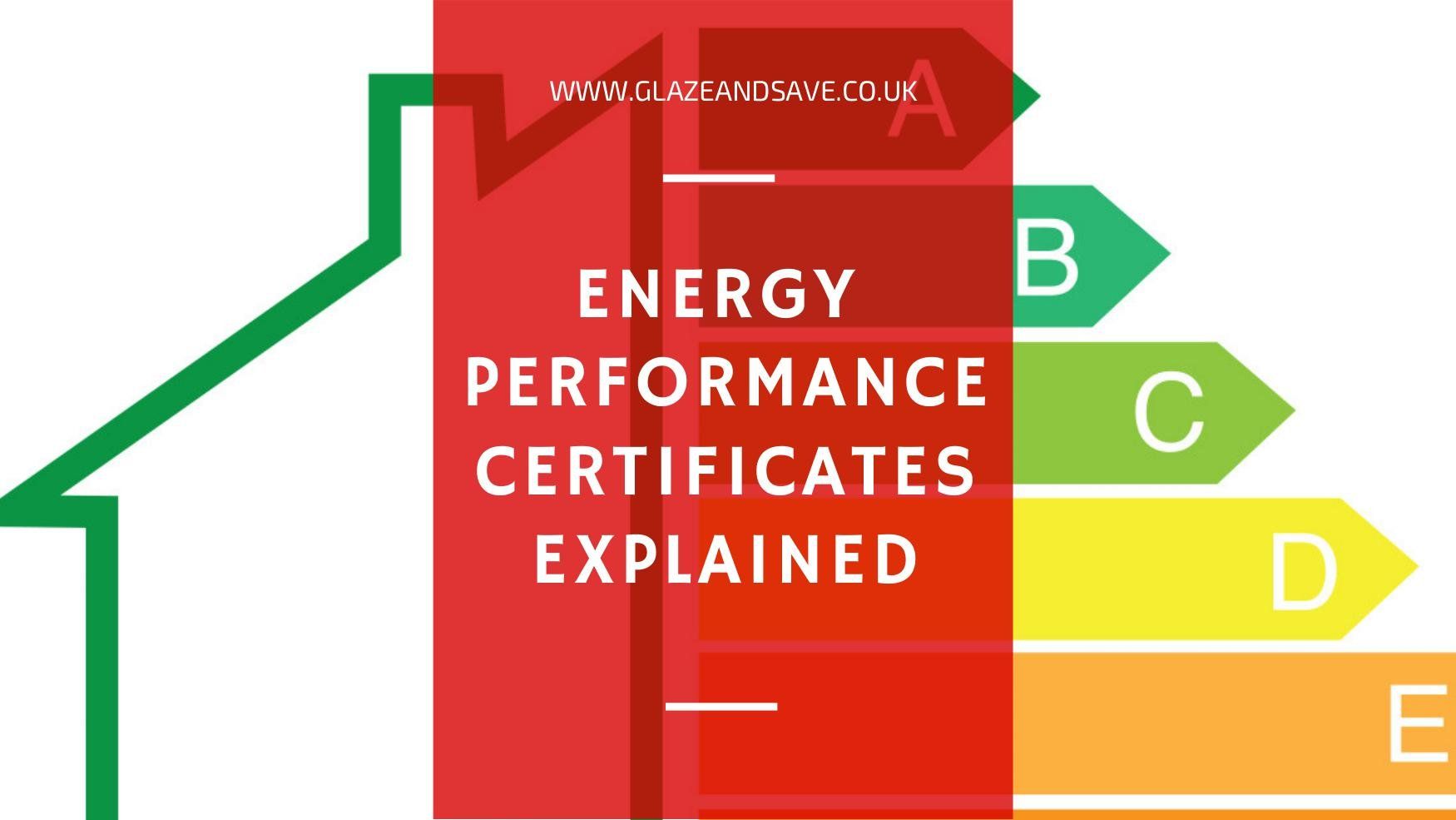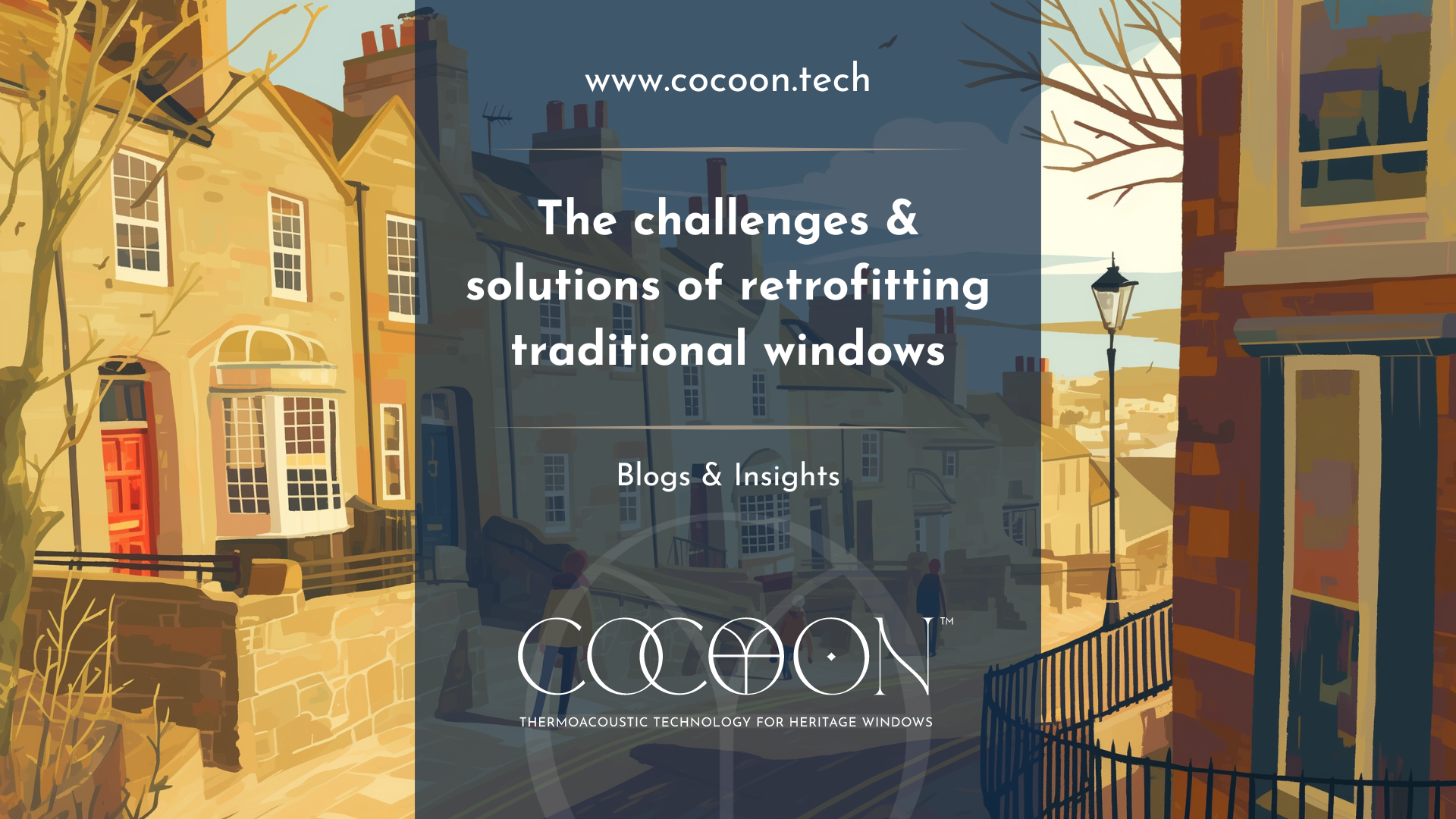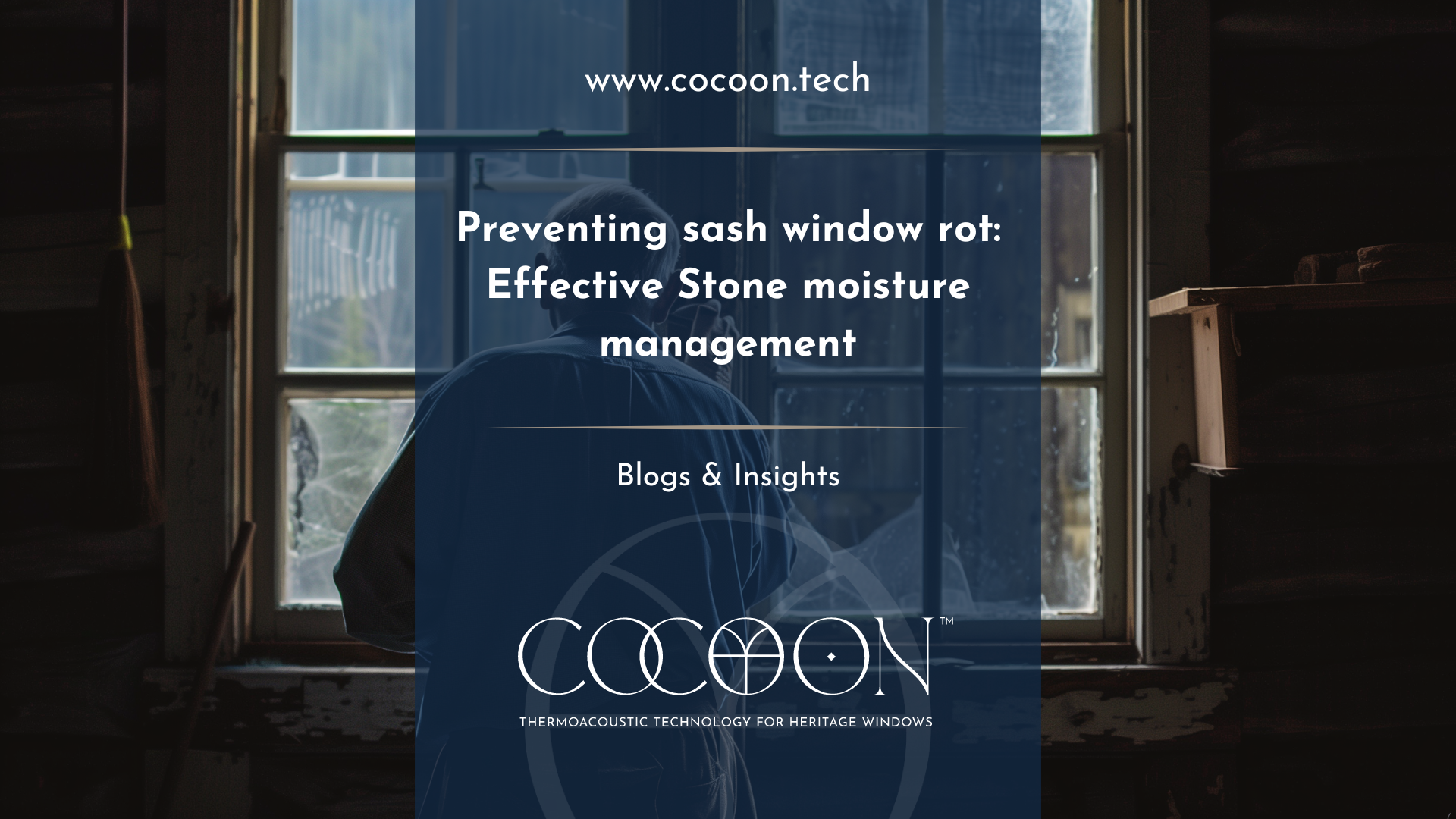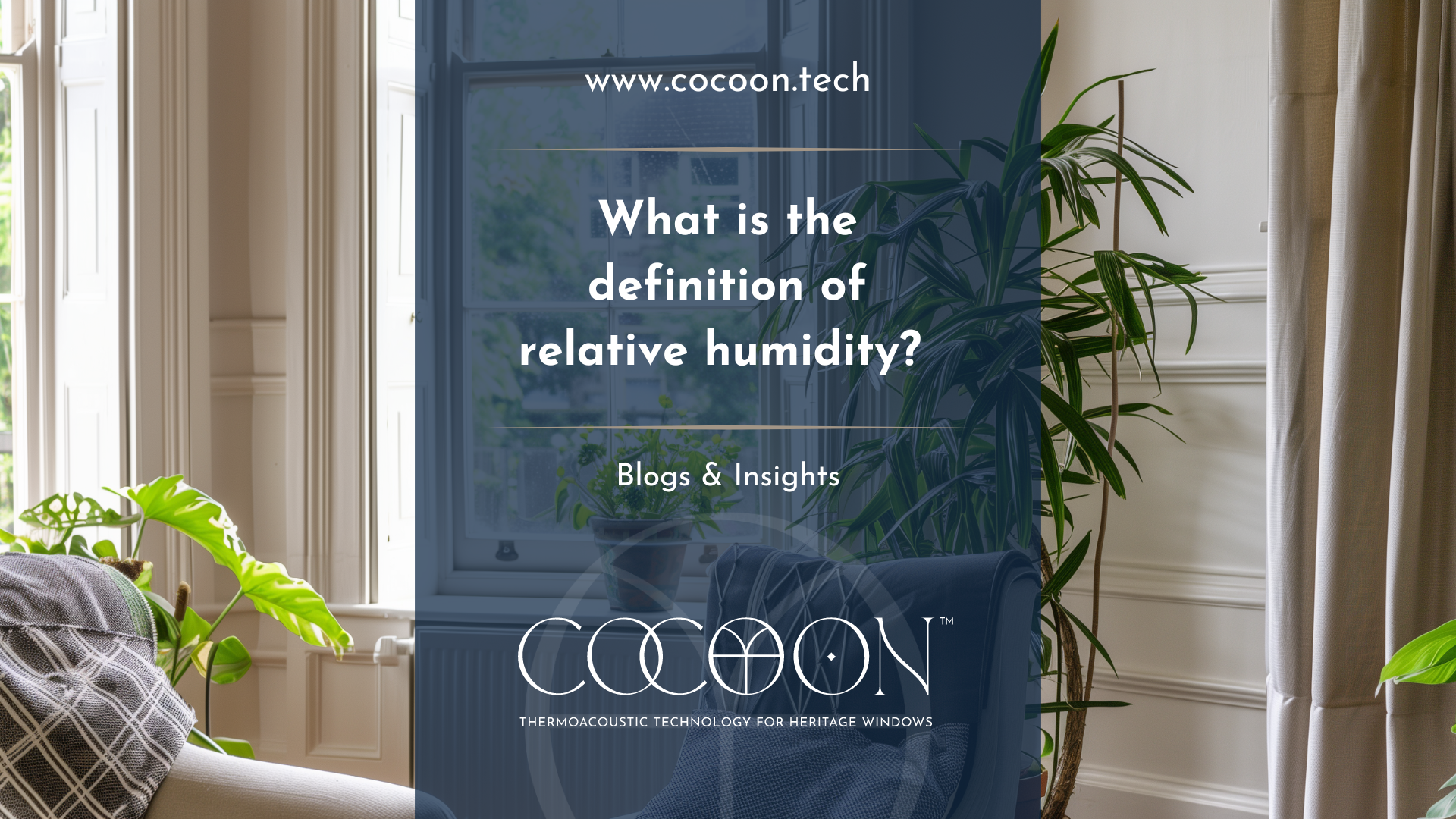Energy Performance Certificates Explained | Glaze & Save
If you rent out a property to tenants, plan on selling your property, or simply want to access government funding such as the Home Energy Scotland Loan, you must be able to provide a valid energy performance certificate.
What is an Energy Performance Certificate?
An Energy Performance Certificate (EPC) is a guide to prospective buyers or tenants of your property, showing how energy efficient your home is, along with recommendations as to how to improve it, and the energy costs for the property.
EPCs have been required by law since 2009 in Scotland, and remain valid for ten years. There is a national register of EPCs ,so you can look at any previous EPCs that have been carried out on your property, as well as similar properties in your neighbourhood.
The Housing Act 2011 introduces several obligations upon Landlords relating to the EPC; namely that it will have to achieve a minimum rating before a property can be let. All private rented properties in Scotland will be expected to be at least a level 'E' on the Energy Performance Certificate scale by the 1st of April 2019.
If you are buying or renting a property, the EPC should be provided for you. You should never be required to purchase an EPC when buying or renting a property. The provision of an EPC is the responsibility of sellers and landlords.
However, if you want to access government funding for home improvements such as the Home Energy Scotland Loan, you will need to purchase an EPC.
An important to note for those living in listed buildings or conservation areas (particularly those looking to apply for funding and requiring an EPC to do so): prior to the EPC survey being carried out, the property owner needs to provide evidence that the property is a listed building or in a conservation area. This is particularly important for those looking for funding for secondary glazing for a listed building, as the EPC default position is to recommend double glazing.
How much does an EPC cost?
EPCs do not attract a fixed fee, and can therefore vary in price. The fee is affected by the size of your property and the area you live; however prices start from around £40.
Energy Efficiency
One of the main purposes of the EPC is to indicate the energy efficiency of a property, and how it can be improved. The property rating will be between A to G, with A being the most energy efficient and G being the least. There will also be a number from 1-100 alongside the letter rating; the higher the number, the more energy efficient your home. There will be a rating for how your property actually is at the moment, and what it could potentially be improved to.
Estimated Costs
There will also be a section that shows you the estimated costs of running the property and the potential savings you can make over a three year period.
Summary of Energy Performance Related Features
This box will rate features such heating and your windows with a star system. This can be a handy guide to advising which area of your home you should initially concentrate on to increase energy efficiency.
EPCs and Glaze & Save
We have carried out EPC tests to find out what difference Glaze & Save InvisiTherminstall would make to your single glazing, and therefore your EPC rating. For example in a pre-1919 detached sandstone cottage, an installation of Glaze and Save InvisiTherm over single glazing took the EPC rating from E39 to E43, an improvement level of four points.
Contact Glaze & Save today on 01738562068 or through the website to arrange your free no obligation survey, and see what difference we can make to your properties EPC rating.




















